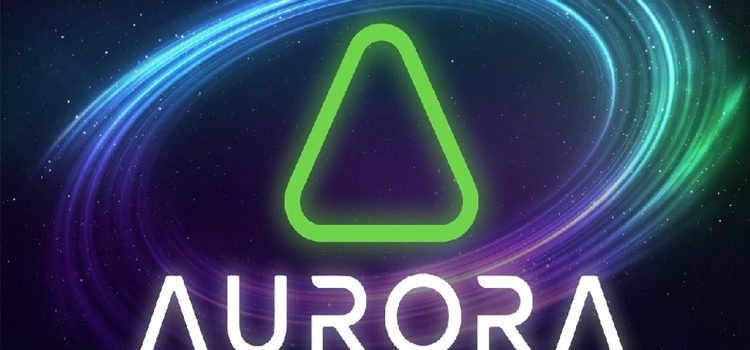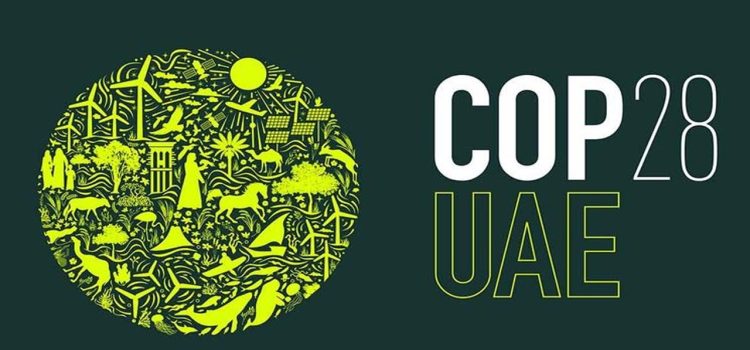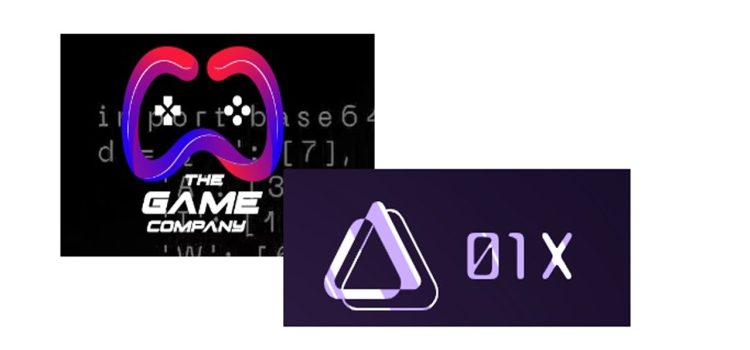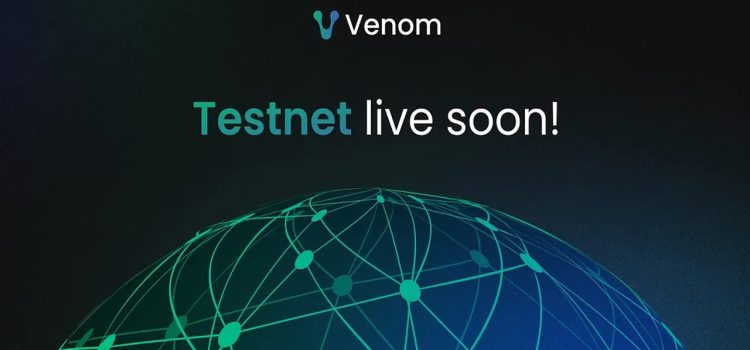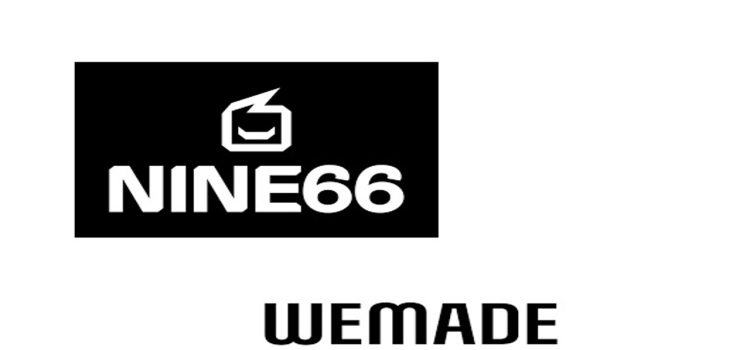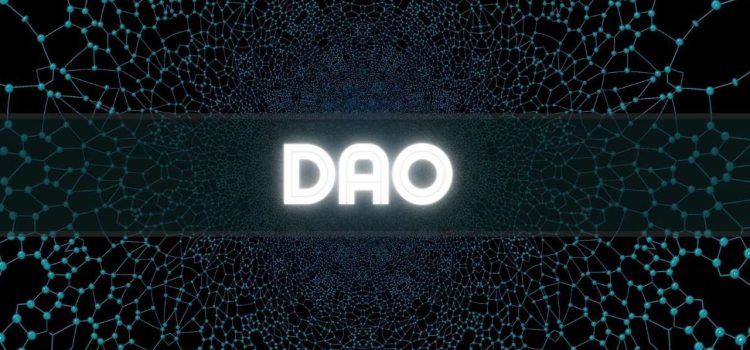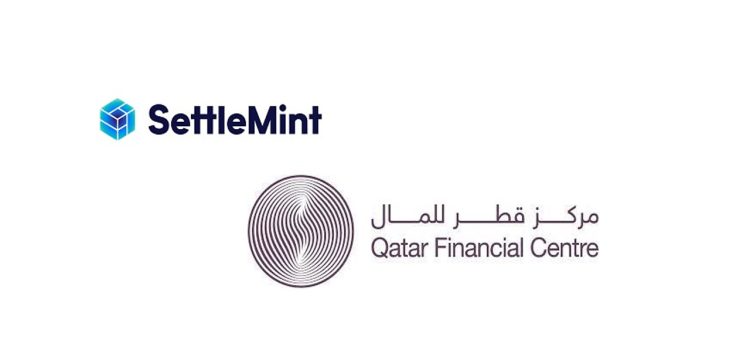
Blockchain compatible EVM ( Ethereum Virtual Machine) platform built on NEAR protocol, Aurora Labs, with offices in Business Bay in Duba, has launched its Aurora Cloud in the MENA region.
The platform is designed to integrate blockchain technology to their business without friction or the need for expert teams, significant resources, or large investments in time. With Aurora Cloud, businesses can connect their existing products to their own blockchain, allowing for a seamless end user experience that still looks familiar to what their customers use every day.
The platform enables businesses to choose to operate on their own private blockchain, known as an Aurora Silo, implementing KYC/KYB access restrictions and dictating which apps and tokens are available to trade and use, allowing for a bespoke and tailored experience. The ability to control whether they or their customers are responsible for gas fees is another game-changing feature that provides total commercial flexibility and a strong incentive to both businesses and their consumers.
Whilst Aurora Cloud is largely an industry agnostic solution that can provide blockchain benefits across a wide range of industries, the company sees significant benefits for Fintech companies, brokers, banks, investment funds, the energy sector, and those operating within the luxury goods and retail spaces.
“The launch of Aurora Cloud is an exciting moment for Aurora Labs and the wider blockchain industry. With our unique products and innovative approach, we are breaking down the technical barriers and increasing the transition of traditional businesses to the blockchain,” said Alex Shevchenko the CEO of Aurora Labs. “We are confident that Aurora Cloud will position us at the forefront of this shift and provide the industry with a much wider pool of potential customers and partners.”
Aurora raised $12 million in October of 2021.








